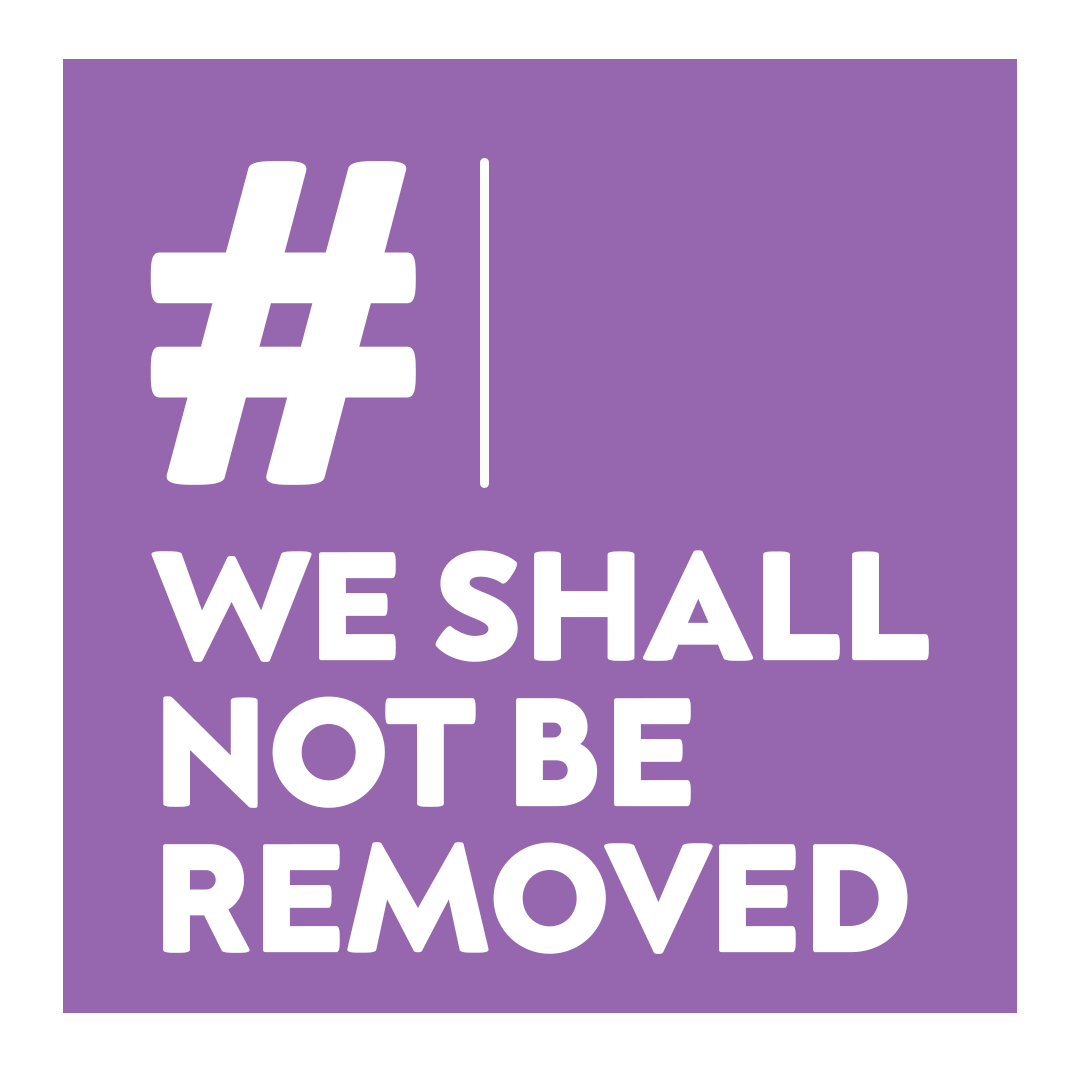#WeShallNotBeRemoved tells Government that any Covid-Status Certification must be inclusive of disabled people
Cabinet Office Covid Status Certification Review
Evidence from the UK Disability Arts Alliance #WeShallNotBeRemoved
>> Question 1 What best describes the capacity in which you are responding to this call for evidence?
- k) Other: We are a non-incorporated campaign that supports disabled people in the cultural industries and represent over 700 creative individuals and organisations
>> Question 2 In your view, what are the key considerations, including opportunities and risks, associated with a potential COVID-status certification scheme?
Our response primarily focuses on the equalities considerations but also touches on the operation of public venues.
There is considerable concern within the disability arts community that any Covid-status certification system could be discriminatory for the disabled workforce as well as artists, participants and audiences.
The concerns include:
- potential exclusion of any individual unable to have a vaccine, e.g. those with specific health conditions
- risk of widening the digital divide (common to many disabled people) if the certification were a phone/digital app
- potential to coerce and penalise vaccine-hesitant communities or anyone unable to share health or personal information
- alignment of event ticketing or employment to a passport scheme might also allow for a relaxation of COVID protocols; this would effectively make events and workplaces more unsafe for those who are more susceptible to the virus, reducing opportunities to engage with culture or secure employment
Integrating health data into cultural participation shifts the policy framework from the social to the medical model of disability by introducing a new barrier (the “passport”) and thus represents a troubling precedent which potentially undermines existing protections in equality & employment law.
There is a potential cost to cultural organisations of implementing such a measure in the diversity of their workforce and audiences. This might also impact on the ability of the publicly funded sector to deliver against its targets e.g. Arts Council England’s ‘Let’s Create’ strategy for arts organisations in England. Conceivably this could lead to a two-tier system where commercial providers might adopt the certification and the subsidised sector does not.
Indigo’s After the Interval Act 2 survey in summer 2020 demonstrated a substantial loss of confidence in disabled theatre audiences attending events, which was significantly greater than that of non-disabled audiences. As disabled people represent 12% of the national audience (in England), this is a crucial ethical and commercial factor in the effective delivery of any Covid Status Certification scheme
Whilst we recognise the economic case for “vaccination passports” especially as a means to reopen the live events industry, any implementation of such a system must be led by an inclusive approach that rebuilds confidence for disabled people.
Such an inclusive approach must encompass planning and decision making. To aid this in the cultural sector, we would strongly recommend that any certification scheme takes account of the Seven Inclusive Principles we devised with partners and published in September 2020. To meet the requirements of The Equality Act 2010, we would also advocate for any system to be rigorously tested by Equality Impact Assessments as a mechanism to ensure, at the very least, disabled people are appropriately consulted.
>> Question 3 Are there any other comments you would like to make to inform the COVID-status certification review?
None.
#WeShallNotBeRemoved
28 March 2021


